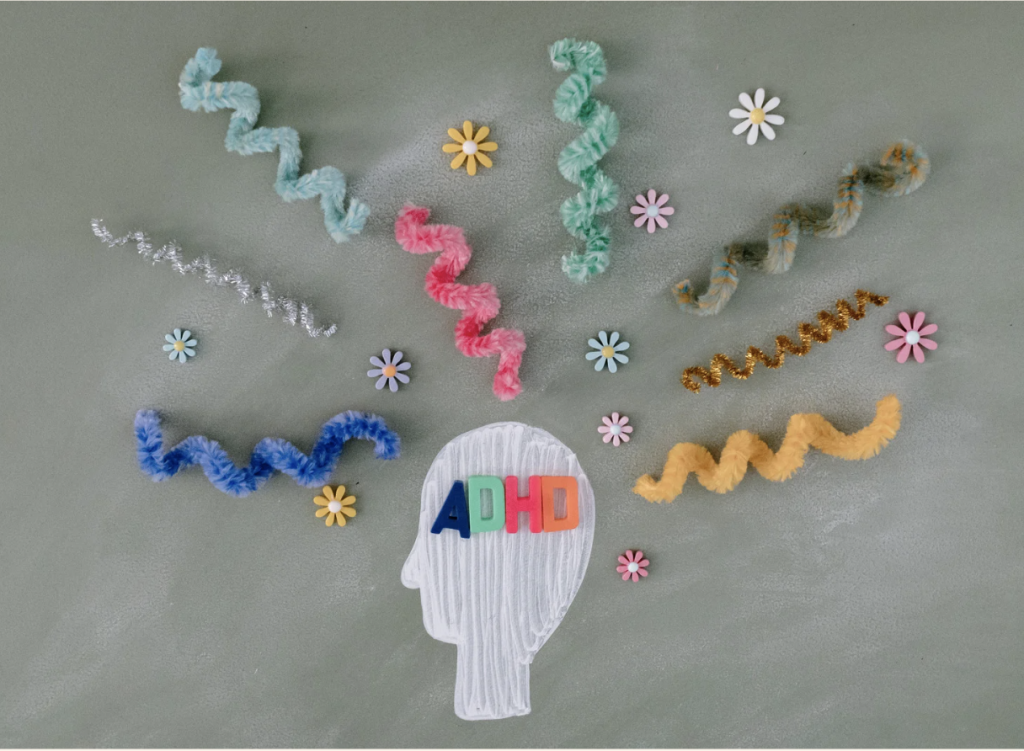
ADD and ADHD are part of a larger group of mental health issues called ASD: Autistic Spectrum Disorders, which includes also depression and autism. We’re focusing on this series of article on ADD/ADHD only because there’s already so much to share about it in the context of alternative medicine.
We’ve seen in the previous posts how we can “separate” the patients in 4 different groups, including Destructive, Needy, and Excited. Today we’ll explore the symptoms of the last group called “The Dissatisfied and Changeable Ones”. Knowing to which group a patient belongs helps in selecting the right homeopathic remedy. Of course, there can be some overlap but it’s good to have an idea of where to start.
The Dissatisfied and Changeable Ones
Homeopathic Remedies
Here are some homeopathic remedies which can be considered when we’re dealing with a child or an adult from this group:
Cina
Lachesis
Phosphorous
I’d like to touch a little bit on the subject of diet…
Some Facts About ADHD and Diet
•We know the most common offending foods are casein (the protein found in milk products), gluten and soy.
•Some children will show some improvement when removing the offending food from their diet.
•Food sensitivity and food intolerance reactions can affect skin, digestion, brain, behavior and development.
•Children with ADHD or autism can have problems with their digestion, such as not enough digestive enzymes and/or leakiness of the intestinal lining.
—–
•Trans-fatty acids: from commercial hydrogenation – do not occur in nature and do not belong to the human body. If the word “hydrogenated” is on the label, then trans-fatty acids are in the food.
•Stay away from sodas, both regular and diet. Consider them removers of vitamins and minerals, not drink options.
Some Useful Supplements in ADHD Cases
•Magnesium, so prevalent in dark greens, vegetables, beans, nuts, and seeds, it poorly absorbed in the presence of maldigestion problems. Low levels can result in mood disorders, hyperactivity, distractability, impulsivity, sounds sensitivity, irritability, muscle spasms, depression, and poor muscle endurance.
•B-vitamin deficiencies is frequentin children with ADHD or autism.
•Essential fatty-acid deficiency is common in both ADHD and autism and shows up as eczema; poor hair quality; and problems with brain and neurological development, vision, immunity and bowel health.
•Zinc deficiency in also common with children with ADHD. It usually results from maldigestion, malabsorption and/or the presence of toxic metals. It results in significant problems with brain and sensory development, taste perception, food-texture issues, and picky or odd appetites.
Note of caution
It is important for practitioner and parent to realize that nutritional supplementation is a palliative approach that cannot replace all of the synergistic benefits of real food. Nor can it fully correct the errors of metabolism that create deficiency states in spite of plentiful nutrition. It can create deficiencies, however, for instance in relation to Zinc supplementation’s leading to anaemia. In contrast, homeopathic treatment does not leach, block absorption, or create imbalances but normalises the child’s nutrient absorption and metabolism.
It is known that the body attempts to naturally remove heavy metal burdens through elimination and excretion pathways. Any remedy that moves that body toward a healthier state will facilitate this process. This is the goal of homeopathy.
Bacopa: The Ultimate Brain Tonic
Bacopa monnieri is an herb used in India for memory, epilepsy, and as a mild sedative. It has been used for centuries to treat epilepsy, improve memory capacity, increase concentration, and reduce stress-induced anxiety.
Traditionally, it was used as a brain tonic to enhance memory development, learning and concentration.
Patients taking Bacopa say they can better handle difficult mental tasks and stress. Indeed it:
– improves the memory,
– increases learning abilities
– protects the brain from the effects of aging,
– alleviates anxiety,
– helps with mental and brain fatigue.
It is used in cases of attention-deficit disorders because of Bacopa’s beneficial actions on brain, memory and mental deficiency.
With Bacopa, one can greatly increase synaptic activity and the speed of nerve transmission and impulses. This makes the thinking process faster and improves the speed of memory recall.
Memory itself is enhanced due to Bacopa increasing the levels of acetylcholine in the brain. Acetylcholine is the neurotransmitter that shuttles messages from one brain cell to another.
Other common medicinal uses include treating asthma, epilepsy, memory loss, eczema, psoriasis, constipation, hair loss, bronchitis and rheumatism.
The plant is also a powerful antioxidant and is believed to have anti-anxiety effects, likely because of its well-known sedative and tranquilizing properties.
Depression
The Bacopa extract in the dose of 20 to 40 mg per kg was given once daily for five days and it was found comparable to standard anti-depressant drug Imipramine in anti-depressant activity.
Conclusion
Bacopa is the ultimate brain tonic for general brain and nerve health. Bacopa helps clear the mind and improve the ability to focus. It helps with short term memory problems and mental weakness. Mental dullness, anxiety and depression have been helped with the bacopa extract. Toxic brain fog from medications, radiation and chemotherapy have benefited from the herb.
Yael Meir,
Classical Homeopath (H.D.) specialized in ASD: Autism, Depression and ADHD.
Visit my blog at: https://ymeir.blogspot.com/
You can reach me for a consultation on Zoom at y0556706407@gmail.com.




Leave a Reply